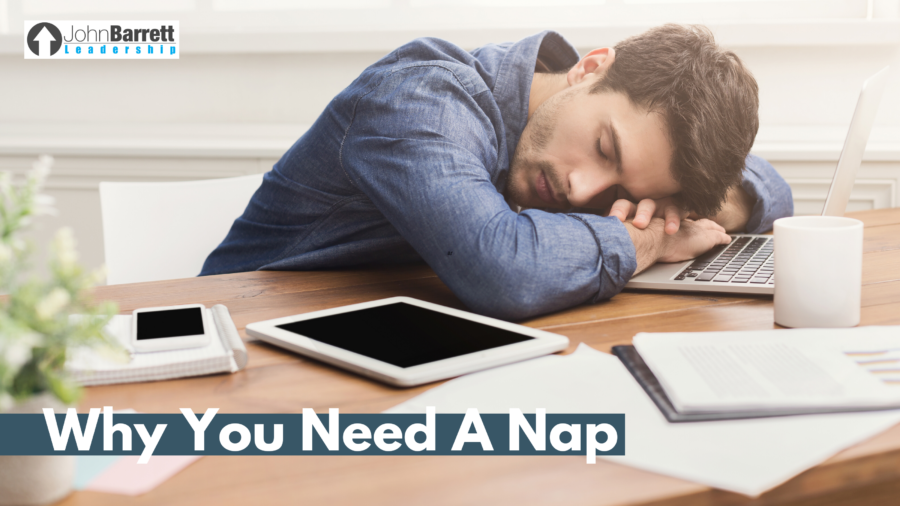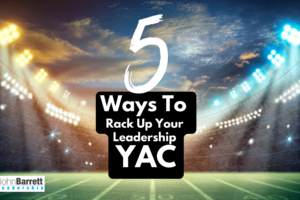Why You Need A Nap
Napping can make the difference between soaring into the evening with energy or sinking into the evening on empty. The myth that we can go, go, go without a moment to replenish is accepted by all and lived out by none. Like a car has a gas tank, you too have an internal energy tank. And the more you push your internal pedal to the metal, the more you deplete your energy. This is not a pessimistic way of looking at things, but rather, a realistic view of our reality. There is only so much in your tank and the more you push it, the less you have before you need a refill.
The good news is that you can go a long way with your energy tank, but make no mistake, it does drain as your day goes on. Even if your physical energy is high, your mental energy is always being used up every second. It can become increasingly harder to think clearly, and process information the more we have depleted our internal gas tank. Psychologists call this phenomenon “Decision Fatigue.” In psychology, decision fatigue refers to the deteriorating quality of decisions made by an individual after a long series of decision making. The concept is simple: the more you expend your energy, the less you have. Researchers say the average adult makes over 35,000 decisions a day. This is why highly successful people reserve their decision making for important issues and eliminate the draining process of making decisions that could steal their energy for the big ones.
For example, Apple’s Founder Steve Jobs was known for always wearing a black turtle neck and jeans, Facebook’s CEO Mark Zuckerberg always wears a t-shirt, Einstein reportedly bought several variations of the exact same suit so he wouldn’t waste time deciding what to wear each day. The way you can reserve your energy is to make fewer decisions and save your focus for what is necessary and important. Author Henry David Thoreau once stated: “Our life is frittered away by detail. Simply, simplify.”
One of the greatest ways to refill your internal energy tank is to take a nap. Just as you have to continually refill the gas tank in your car, so we need to pull over in our day and fill up. Naps have a quick way of replenishing our energy for the rest of the day. One study at the Center for Sleep Research found that a mere 10-minute nap resulted in immediate increased alertness and a boost in cognitive performance that could last up to 3 hours. Virtual mentor and author, Michael Hyatt is a huge proponent for naps to increase productivity. He cites these great examples of nappers at www.michaelhyatt.com:
- Leonardo da Vinci took multiple naps a day and slept less at night.
- The French Emperor Napoleon was not shy about taking naps. He indulged daily.
- Physicist Albert Einstein napped each day—on top of getting ten hours of sleep each night.
- Though Thomas Edison was embarrassed about his napping habit, he also practiced his ritual daily.
- Eleanor Roosevelt, the wife of President Franklin D. Roosevelt, used to boost her energy by napping before speaking engagements.
- Gene Autry, “the Singing Cowboy,” routinely took naps in his dressing room between performances.
- President John F. Kennedy ate his lunch in bed and then settled in for a nap—every day!
- Oil industrialist and philanthropist John D. Rockefeller napped every afternoon in his office.
- Winston Churchill’s afternoon nap was a non-negotiable. He believed it helped him get twice as much done each day.
- President Lyndon B. Johnson took a nap every afternoon at 3:30 p.m. to break his day up into “two shifts.”
- Though criticized for it, President Ronald Reagan famously took naps as well.
Naps are not for the lazy and lackadaisical, they are for the geniuses and go-getters. In fact, most cultures around the world, especially in tropical regions, embrace napping. It is commonplace to take an afternoon rest and it is built into their daily routine. Many places will even shut down all activities at their business and government offices for up to a few hours.
I have to admit years ago I was skeptical of naps. If fact, I was known for saying things like, “You can sleep when you die” in my attempt at being a hard-worker. But I have come to understand and value the power of a quick nap to boost my productivity. As you can see from the list of people above, embracing naps doesn’t put you in the category of the sluggards, but rather in the company of the greats.









